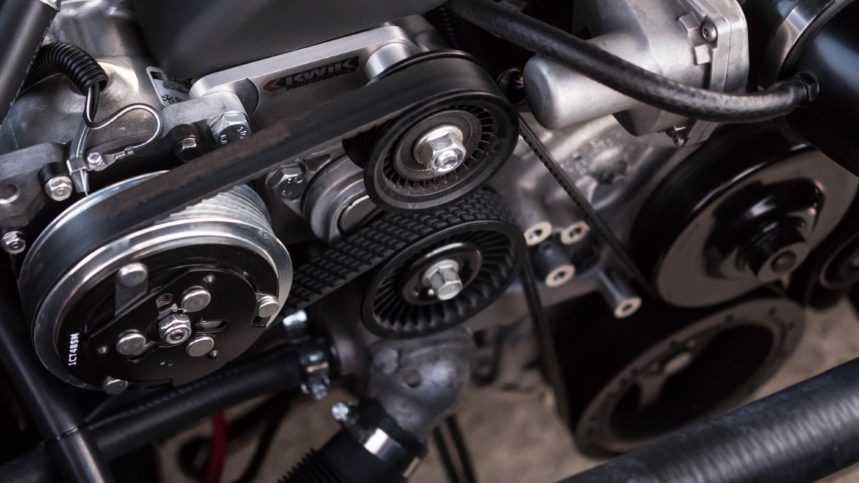Highest quality hygiene and cleaning chemicals

Your car engine uses combustion to power itself, which is how it drives its different parts. Part of the combustion’s heat leaves your engine’s system through the exhaust, while some of it remains inside within the engine block. Heat is essential to keep your car running, but too much of it will cause overheating. This is why it needs to cool down with a coolant that can absorb the engine’s heat. If you’re unsure how to handle engine coolants properly, you may end up damaging your car’s engine instead of protecting it.
It’s best to research the products you’re using, especially when dealing with chemicals to handle different tools and equipment. For example, engine coolants, or antifreeze, is necessary to keep your engine from freezing, corrosion and overheating. Although it may seem like a straightforward function, not everyone knows its purpose and how to handle it.
In this article, we will share three facts about engine coolants you should know about.
Understandably, some drivers think that using plain water to cool down their car’s engine is enough to temper overheating. However, this can only work in theory and do more harm than good in the long term. For one, water has a much lower boiling point than antifreeze, causing it to not do a lot in tempering your engine’s heat.
Additionally, water can cause corrosion and rusting that can damage your engine’s different components. Although it’s safe to add water to your coolant, you should still make the right ratio for diluting it by observing the right glycol concentration levels.
Like your engine’s oil, the engine coolant will also deteriorate over time. For this reason, you need to flush it and replace it when necessary. The intervals between replacing your coolant will vary, depending on how frequently you drive and what your living conditions are. Generally, it’s best to change your coolant once every 3 years at most. However, you may need to do it earlier if you’re living in areas with consistently extreme temperature levels.
There are plenty of variations in coolants, noticeable in their potency and colour. However, that doesn’t mean that similar-coloured products contain the same inhibitors and organic acid formulation. This is why you should avoid mixing coolants, especially if they have different colours. This leads to chemical reactions that can dilute its compounds and cause your engine block to corrode.
When buying a new vehicle, you should check what coolant formulation is already inside its tank. If you don’t know where to purchase the specific product, you can take note of its OEM specifications. Buying a similar coolant with like properties is best to avoid experiencing problems with your car’s engine.
Taking care of your car shouldn’t stop at its exteriors, like windshields and alloy wheels. Your vehicle’s internal parts are more crucial than exterior components and need extra attention to ensure that you’re driving safely. It’s smart to invest in maintenance products that can help you keep your car’s inner parts working properly. Remember to only purchase the right formula for your vehicle to avoid any potential issues with your engine’s block.
At Reliance Chemicals, we provide a wide range of cleaning solutions for different applications. We service a broad variety of clientele in Australia to supply dishwasher detergents, engine degreasers, car coolants and more! Browse through our products today to find the right chemical product for your needs.

